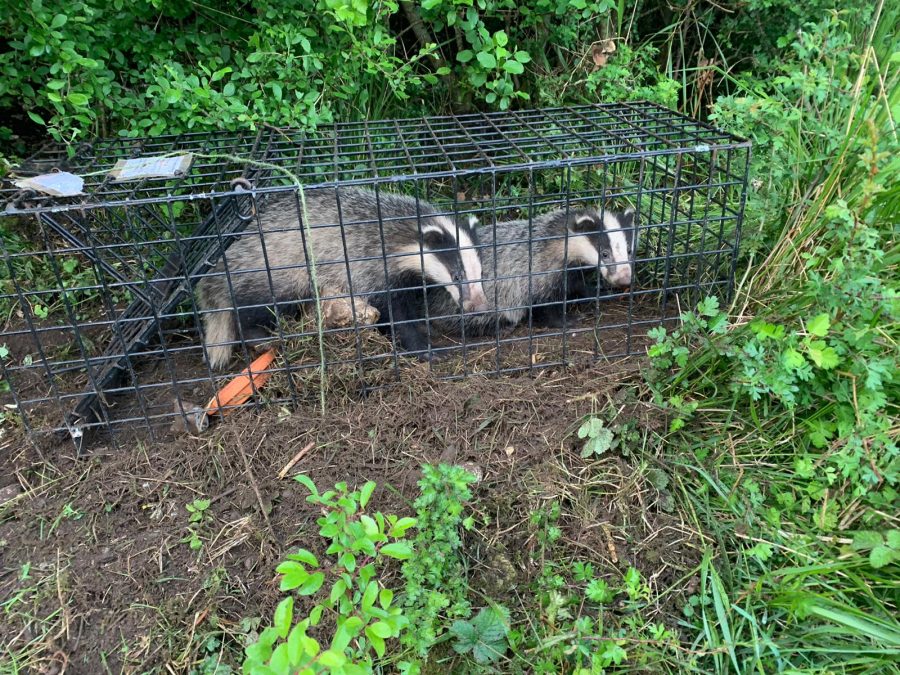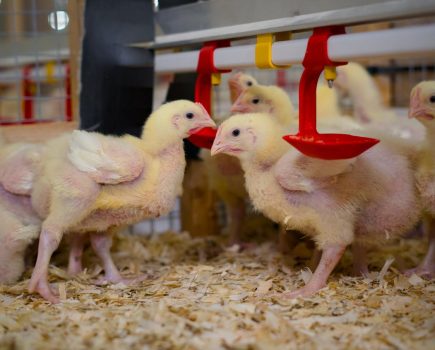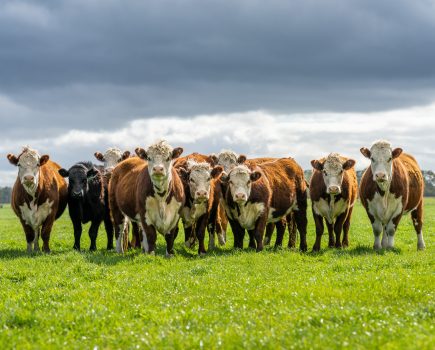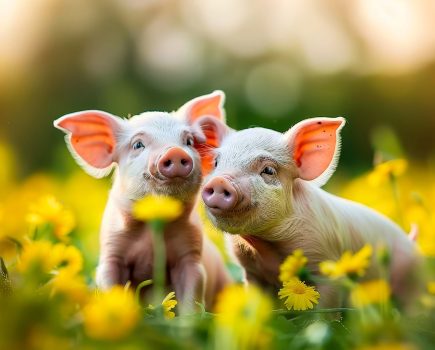With the badger vaccination season opening on 1 May, the VESBA (Vaccinating East Sussex Badgers) project is in full swing, with over 160 badgers having been vaccinated against bovine TB already. Having spent the early part of the year surveying farms to look for signs of badger activity, vaccination operations such as pre-baiting began in April, with the first humane cage traps being set ‘live’ in early May.
“We have been extremely pleased with the success rate so far this year,” explained Nick Pile, the Project Director from Cliffe Farm Vets. “This is a testament to the hard work and dedication of our team on the ground, who are doing a fantastic job.
“In May, a further four members of the local farming community successfully completed the training course, enabling them to be licensed to vaccinate badgers,” Nick continued. “This means we now have seven lay vaccinators within the team. A number of others are also trained to set the cage traps, so we are confident we will be able to maintain this momentum for the duration of the vaccination season, which ends on 30 November each year.
“We have already faced a number of challenges – traps can’t be set if extreme weather conditions are forecast, and so far we have had significant rainfall in May and a very hot spell of weather in June. Thunderstorms can also affect badger behaviour – just one more thing the team have had to contend with.”
May has been a busy month for the project’s management team, too, with DEFRA introducing a new class licence for badger vaccination. This move was welcomed by Dr Lindsay Heasman from Hurst Animal Health, who oversees the VESBA project: “Last year, we had to apply to Natural England for an individual licence for the project, which involved submitting lots of information and maps, but the new class licence is much simpler.
“All the people undertaking vaccination operations still need to have passed an approved training course, but the administrative burden has been reduced massively. In addition, we are now able to use a mobile app to record all our badger vaccination activity, which has significantly reduced the amount of paperwork that needs to be completed.”
Bovine TB continues to have a significant impact on cattle keepers, not only in East Sussex but across the whole of the South East. “Unfortunately, we are seeing new cases pop up, even though the area is predominantly classed as a low risk area,” Lindsay continued.
“The new class licence will make it easier for farmers or landowners to look at badger vaccination as a viable option when considering how best to reduce the risk and impact of a TB breakdown on their own farm. Having worked with many farmers who were either under TB restriction or going through the anxiety of a TB test, I understand the stress that is involved.
“Sometimes, knowing there is a plan in place if the worst were to happen, or being able to discuss options when a herd is under restriction, can help alleviate some of this stress. The TB Advisory Service is now able to offer a free, on-farm advice visit conducted by your own vet for all cattle keepers – even in the low risk area, so it is definitely worth speaking to your practice. The advice visits are also available to anyone keeping susceptible livestock – even sheep, pigs and alpacas. Even if you have had a visit previously, you should still be eligible.”
It isn’t too late to get involved in the VESBA project. If you are a farmer or landowner in or adjacent to the target area (see map left) and are interested in finding out more, please email Laura.Anderson@cliffevets.co.uk. If you are a livestock keeper and would like to receive a free farm visit to discuss your TB situation, please contact your local vet or the TB Advisory Service:
www.tbas.org.uk







